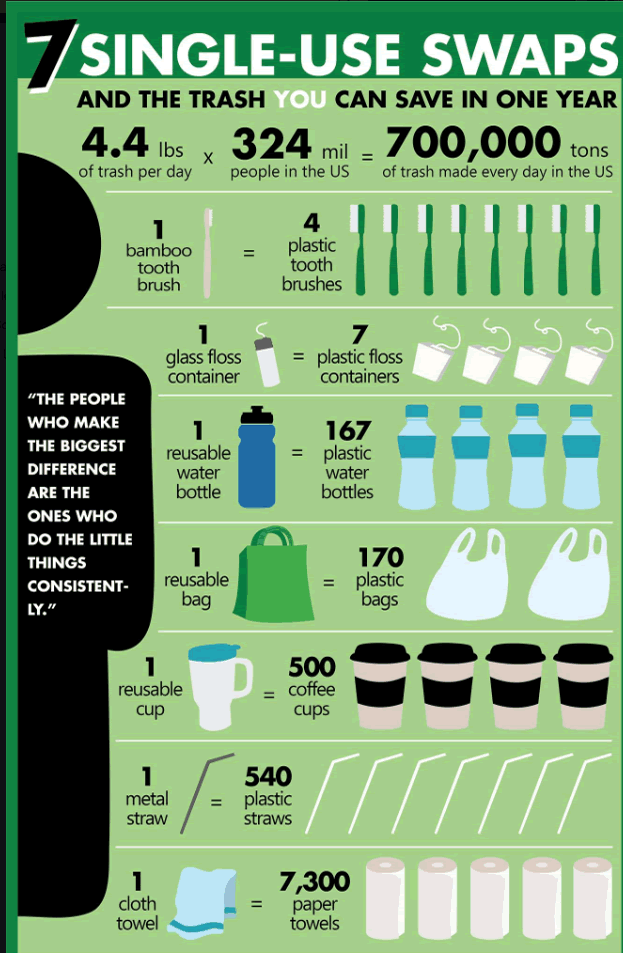
I hear the phrase “being present” and “being conscious” used a lot.
I see it being used at work. I see it being used in the gym. I see it being used by friends who could not be further removed from the ethereal world of meditation, hippie love and sage sticks. It is quite fascinating, that a phrase I presumed to be exclusively used by monks and Eckhart Tolle fans, is now being used as ubiquitously as plastic straws.
The increased interest in building a more balanced life, better relationships, and cultivating happiness have resulted in a plethora of books, videos, gurus and life coaches all espousing – to varying extents – the need to be more mindful and to do things more consciously. Anecdotally, it seems that the idea of “being present,” “being mindful,” is becoming increasingly common place within wider society. But there also seems to be a rift; it gets applied to certain life segments only. Which is a pity.
I would claim that the gateway to being more consciously present are plastic straws.
There. I said it.
I can see the look on your face. Forget mindfulness, you think I am totally out of my mind.
But let me explain.
 Plastic, in the form of cups, bottles, straws and sacks are everywhere. The toll that they have on our bodies, the planet and its inhabitants is bewildering. The bewildering part being that we have collectively let it get this far. We are officially eating plastic[1] fish, drinking plastic waters, and bathing with plastic particles. How did we let it get this far?
Plastic, in the form of cups, bottles, straws and sacks are everywhere. The toll that they have on our bodies, the planet and its inhabitants is bewildering. The bewildering part being that we have collectively let it get this far. We are officially eating plastic[1] fish, drinking plastic waters, and bathing with plastic particles. How did we let it get this far?
We were blind. Arguably, we still are.
Blind to the fact that we need to wake up and be more aware and mindful.
Aware of what you may ask?
Aware of what we buy, what we eat, what we consume and what we let into the very threshold of our homes and lives.
Think about it. How many plastic bags do you use a week? Two, maybe three for your groceries. Multiply that by the number of people living in your country. In the USA, we use 1 million plastics bags a minute. To you, it is just two plastic bags. You just forget that everyone else thinks the same.
To you, you are using ONE disposable coffee cup in the morning, that took 750 KJ (kilo joules) of energy to produce and manufacture. You used it for about 8 minutes. Assuming that 80% of the Americans have their morning cuppa to go, that amounts to 195 million MJ (mega joules) just for their morning coffee. Approximately 50,000 cars could drive an average of 12,000 miles a year in that amount of energy. But we choose to use that energy in a day, to transport coffee for an average of 8 minutes. Let that sink in for a bit.
Sipping water out of plastic bottles and plastic straws is even more wasteful. The energy (in calories) it took to mine the oil, manufacture, produce and transport that piece of plastic to your lips, equates to more calories than you burned sipping water out of it, through your lips – all for a time period of about 16 seconds.
Every straw, plastic water bottle, every plastic cup, has used more resources and energy from this precious planet to make it, than the 2 to 16 seconds you use it for.
And what does it all comes down to? Simple. Everyday. Habits.
We operate like we do not belong to a collective, but we do. Each one of us think we have no impact, but we do. From the moment, you wake up till you go to bed, stopping the utter annihilation of the planet from plastic comes down to your individual choices as a person. For real. Every action matters.
You are in a club ordering a drink and you gingerly take the drink with a straw in it. Plastic.
You are at the Circle K and buy chewing gum which is put in a sack for you to take home. Plastic. You are in a drive through at a fast food shop. Plastic.
The restaurant gives you cutlery and a straw even though you did not ask for it. Plastic.
It is so ubiquitous that it is not even “seen” anymore.
You do not realize when you get it, you are unaware when you use it, and you pay no heed when you throw it away – even though there really is no throwing “away.”
And this is exactly why I claim that plastics straws are the gateway to consciousness. Because, in the act of declining plastic and everything it entails, lies the key to being conscious and aware.
Sometimes it can get awkward. But that is a small price to pay for nicer beaches and plastic-free fish. And the biggest repercussion of declining anything one-time-use is that it forces us to not operate on auto pilot. All it takes is a simple “no, thank you,” and that is one less polyethylene bag, and one less straw in the ocean of collective consciousness.
My point is, if you are going to be mindful about your body, your clothes, your health, and your possessions then do please try to apply that to your consumption habits too.
For your body, your mind and the planet – stay conscious, mindful and present, and say no to plastic.

By Nivedita Biyani
Nivedita (Nivi) Biyani is an Environmental Engineer currently doing her PhD at ASU. She has lived in Austria, India, Singapore, UK and the USA mostly working in the environmental field. In her free time she likes to read, write, cook, travel, listen to Mrs. Green’s world and play with cats.